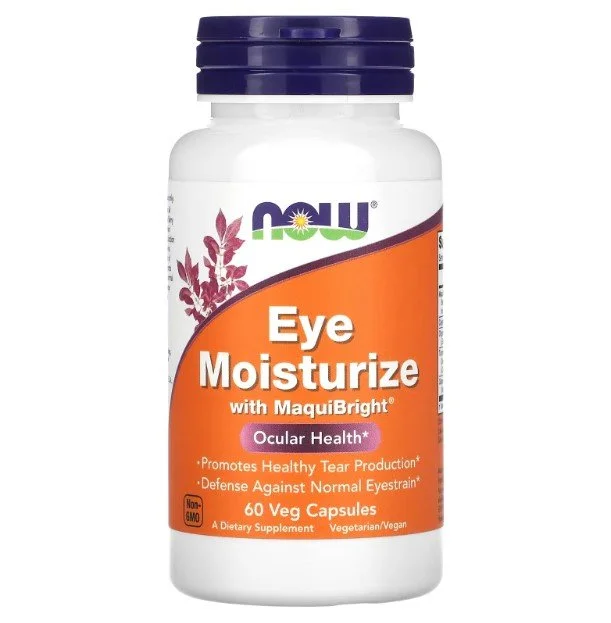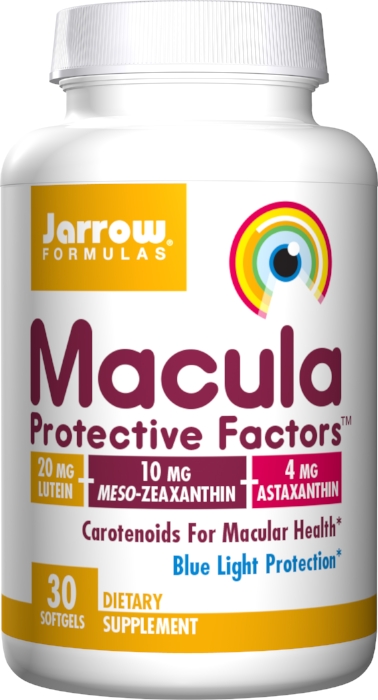Q: I work in an office, and am on my computer the majority of the work day. My coworker has been talking about the blue light emitted by computers and other electronic devices and how it’s so damaging to the eyes (he even has special “computer glasses” to prevent damage). I’m wondering if this blue light is really as big of a deal as he seems to think it is, and what, if anything can be done to prevent that damage (I’d prefer to not wear the glasses though, since it’s not a great look). Any recommendations?
A: Research on the effects of blue light and its long term effect on the eyes is still in early stages, but it is definitely something to be aware of. In the past, most warnings on light damage to the eyes focused on UV light from the sun, which has been conclusively shown to cause damage to the eyes, which is the reason why optometrists and ophthalmologists for many years have stressed the importance of wearing sunglasses outside.
Blue light wavelengths are part of sunlight, but are also emitted by computer screens and electronic devices like smartphones and tablets. In just the past several years, the average person’s blue light exposure from electronics has increased exponentially, from over six hours a day for most children, nine hours for teenagers, and ten hours for the average adult.
The most common complaints caused by this “Computer Vision Syndrome” are headaches, eye strain, and trouble focusing. Beyond those acute complaints, blue light has also been speculated to be the cause of even more severe problems over time, including an increase in age related macular degeneration and vision loss, since blue light penetrates even more deeply into the eye than UV light. Its cumulative effects may be even more of a problem over time than UV radiation.
In the past, thinking about eye health was often something that one would begin to worry about towards the end of middle age, but with the increase in screen usage, supplements for eye health would be of benefits for people of all ages, since it’s significantly easier to prevent a health problem than to try to reverse one.
Two nutrients which are absolutely crucial for preventing vision problems and maintaining proper eye health are the carotenoids lutein and zeaxanthin, antioxidants found in leafy green vegetables and orange and red fruits and vegetables. These protective nutrients are found in the eye, but are not produced by the body, so it’s necessary to get them through foods and supplements. Lutein is present in more foods than zeaxanthin, which is found only in extremely small amounts, which makes supplementation a good idea even for people with a healthy diet rich in fruits and vegetables. The average American’s dietary intake of lutein is less than 2 milligrams, and the average daily intake of zeaxanthin is less than .5 milligrams, amounts that fall very short of the recommended doses found to be beneficial in scientific research.
Lutein has long been recognized for its benefit to eye health and preventing macular degeneration, though zeaxanthin is only recently becoming more well known. One of the ways zeaxanthin protects the eye from damage is by working to absorb destructive blue light; it also helps to protect the cells of the eye from harmful free radical damage, which reduces oxidative damage in the body and the eyes specifically. Lutein and zeaxanthin work almost like internal sunglasses against blue light and eye damage.
There are many eye supplements on the market, even at regular grocery stores, but let me emphatically say that they are not created equal. What it comes down to are ingredients and potency, which vary widely between products (which truly is the case with all supplements). All sorts of supplements can advertise how great they are, but if the nutrients they contain are not at a therapeutic level, or at the levels found to be effective in scientific research, they aren’t helping (or at least not to the level that they could be).
I can’t even tell you how frequently a person will bring me in a bottle to the health food store of a supplement they’ve been taking, but when we look at the actual amount of ingredients it contains per pill, it falls short of the necessary effective dose. If you’re going to take a pill, you may as well take one that’s going to have amounts that really make a difference. There are many cases in which people are taking supplements that while they may be “better than nothing”; they are not in a dosage that is likely to produce the effects they are hoping for.
We have been searching for a supplement that had a nice high dose of lutein, as well as a good amount of zeaxanthin in one pill (zeaxanthin is difficult to find in higher amounts in supplements), and have finally found one that we would recommend by NOW Foods, a local company based in Bloomington, Illinois that contains 25 milligrams of lutein and 5 milligrams of zeaxanthin in one pill- a 5:1 ratio in the amounts shown to be of maximum effectiveness in protecting eyes against blue light damage as well as preventing macular degeneration and other degenerative vision issues.
Research has shown that lutein and zeaxanthin works best in a 5:1 ratio of lutein to zeaxanthin. In one recent placebo controlled study, researchers found that lutein and zeaxanthin, in a high dose formula, increased visual acuity and increased the macular pigment in the eyes- macular pigments work as filters against blue light damage to the retina.
The study found that taking 20 milligrams of lutein and 4 milligrams of zeaxanthin increased contrast sensitivity (an important measure of visual function in situations of low light or glare) and improved eye function, including the time it took for eyes to respond to changes in lighting from bright lights to baseline.
Another study focused on lutein and zeaxanthin, in the same 5:1 ratio, on blue light and sleep. The participants who took the combination of lutein and zeaxanthin were found to have improved sleep quality after using electronic devices compared to the placebo. The researchers speculated that it was due to the lutein and zeaxanthin’s ability to absorb more blue light, which would otherwise disrupt the natural sleep cycle, signaling the body to stay awake.
As to the question of blue blocking computer or “gaming glasses”, I am somewhat skeptical. Consumer Reports tested a group of blue light computer glasses and found that while the orange tinted varieties were most effective, while light yellow or clear lenses were significantly less effective. Personally, while I care about eye health, I’m not going to be going around wearing eyeglasses with orange lenses.
There are also free apps available for iPhone and android which are said to help block the blue light on mobile devices; again, I think their effectiveness is far from conclusive, but I’ve started using one that has a timer where you can set it to go on at night (since blue light in the evenings has been shown to interfere with proper sleep patterns), and I figure it can’t hurt. Search “blue light filter” at the appstores to find one that will work on your device.









